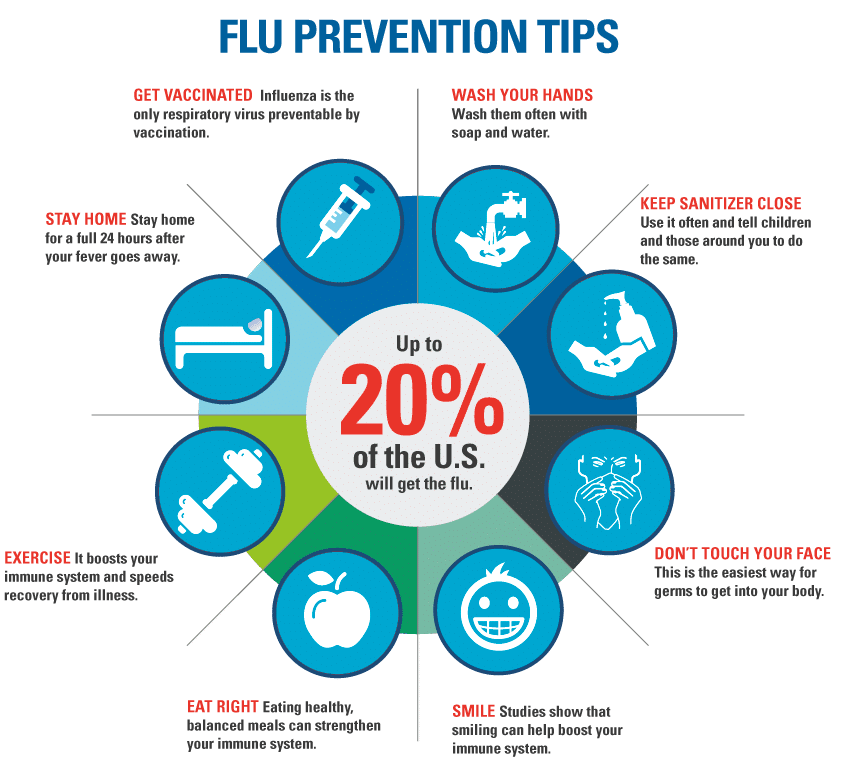Cold and flu season draws of 2024 near in order to protect your health and the health of those you care about, it is imperative that you remain informed on vaccines and preventive measures. One of the best methods for preventing influenza and other respiratory diseases is still vaccination. In order to keep you ready for the season, this thorough guide explores important advice, the advantages of flu shots, and answers to commonly asked questions (FAQs).
Why Vaccination is Essential During Cold and Flu Season
The flu affects millions of people annually, resulting in hospitalizations and even deaths. Because the flu virus mutates so quickly, yearly vaccination is required to protect against emerging strains. In addition to lessening the intensity of symptoms, vaccines help stop the virus from spreading throughout populations.
Key Benefits of Flu Vaccination
- Protection Against Severe Illness: Vaccines lower the risk of complications like pneumonia, bronchitis, and sinus infections.
- Community Immunity: Protect vulnerable groups such as children, the elderly, and individuals with weakened immune systems.
- Reduced Hospital Burden: Fewer hospitalizations mean healthcare systems can focus on critical cases.
- Economic Benefits: Fewer sick days translate to higher productivity and reduced healthcare costs.

Essential Tips for Getting Vaccinated
1. Get Vaccinated Early
Usually starting in October, the flu season lasts from December to February. To give your body time to develop immunity, experts advise getting vaccinated by late September or early October.
2. Choose the Right Vaccine
Flu vaccinations come in a variety of forms, including:
- Standard-dose flu shots: Fit for the majority of people.
- Adults 65 years of age and older are advised to receive high-dose vaccinations.
- Seniors benefit greatly from adjuvanted immunizations, which increase immunological response.
- Nasal spray vaccinations: Ideal for healthy people between the ages of 2 and 49 who would rather not use needles.
3. Consult Your Healthcare Provider
Not everyone is a good candidate for every vaccine. To choose the appropriate vaccine for you, talk to your healthcare practitioner about your allergies, medical history, and current therapies.
4. Stay Informed About New Strains
Every year, flu shots are updated to reflect the most common viruses. Keep up with this year’s formulation to comprehend its scope.
5. Practice Additional Preventive Measures
While vaccines are highly effective, combining them with other measures enhances protection:
- Wash hands regularly with soap.
- Avoid close contact with sick individuals.
- Maintain a healthy lifestyle to boost immunity.
Common Questions About Flu Vaccines
1. Are Flu Vaccines Safe?
Yes, the efficacy and safety of flu shots are thoroughly examined. If there are any side effects, they are often minor and transient, such moderate fever or injection site pain.
2. Can the Flu Vaccine Give Me the Flu?
No, inactivated viruses or virus components that are incapable of causing sickness are present in flu vaccines. As their bodies develop immunity, some people may have modest symptoms.
3. How Effective Are Flu Vaccines?
Depending on how well the vaccine matches circulating strains, effectiveness fluctuates annually. Vaccines typically lower the risk of contracting the flu by 40–60%.
4. Who Should Get Vaccinated?
Almost everyone six months of age and older should get vaccinated against the flu. Particular attention is given to high-risk populations like:
- Pregnant women
- Children under five
- Adults over 65
- Individuals with chronic conditions like asthma, diabetes, or
5. What If I Miss the Early Vaccination Window?
It’s better to get vaccinated late than not at all. Flu season can extend into spring, so vaccination remains beneficial even in January or later.
Myths and Misconceptions About Flu Vaccines
1. “I Don’t Need a Vaccine if I’m Healthy.”
The flu can infect and spread even healthy people. You and those around you are protected by vaccination.
2. “The Flu Vaccine Doesn’t Work.”
Although no vaccine provides 100% protection, flu shots greatly lessen the intensity and length of sickness.
3. “I Got the Vaccine Last Year; I’m Still Protected.”
Annual vaccination is necessary since immunity deteriorates with time and new strains appear every year.
Where to Get Vaccinated
1. Local Pharmacies and Clinics
Many pharmacies offer walk-in flu shots. Some even provide incentives like discounts on future purchases.
2. Healthcare Providers
Your doctor’s office can administer the vaccine and address any concerns.
3. Community Health Events
Check local health departments for free or low-cost vaccination drives.
4. Workplace Vaccination Programs
Some employers provide on-site flu shots for employees, often free of charge.
Additional Resources
- Centers for Disease Control and Prevention (CDC): Up-to-date flu season information.
- World Health Organization (WHO): Global health recommendations.
- Health Aspires
Conclusion
The first line of defense against the flu is vaccination, which helps to safeguard not only your community but also yourself. You can confidently handle the 2024 cold and flu season by being aware and taking preventative action. To ensure a safer and healthier season, get your flu shot now and urge others to follow suit.
